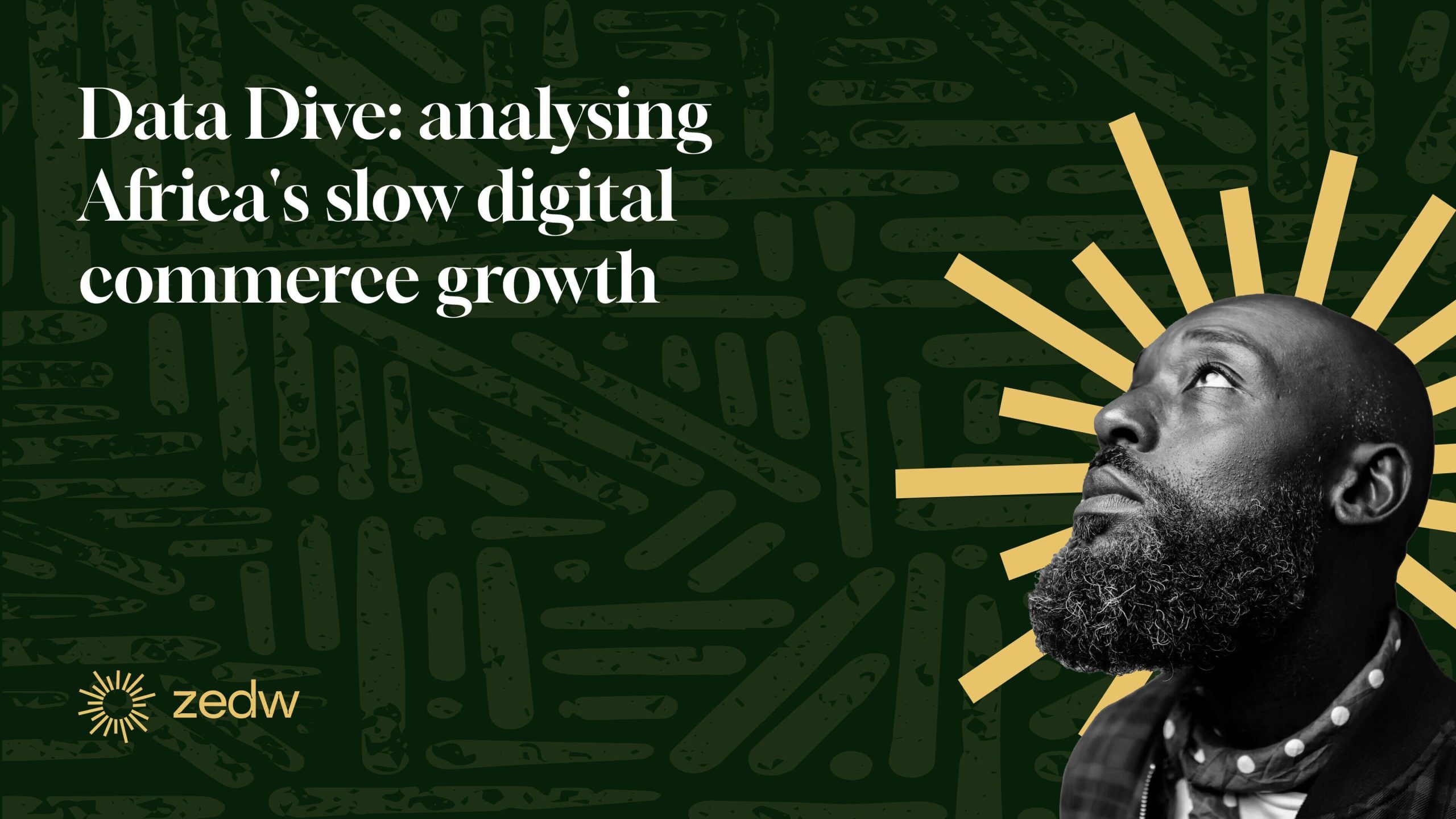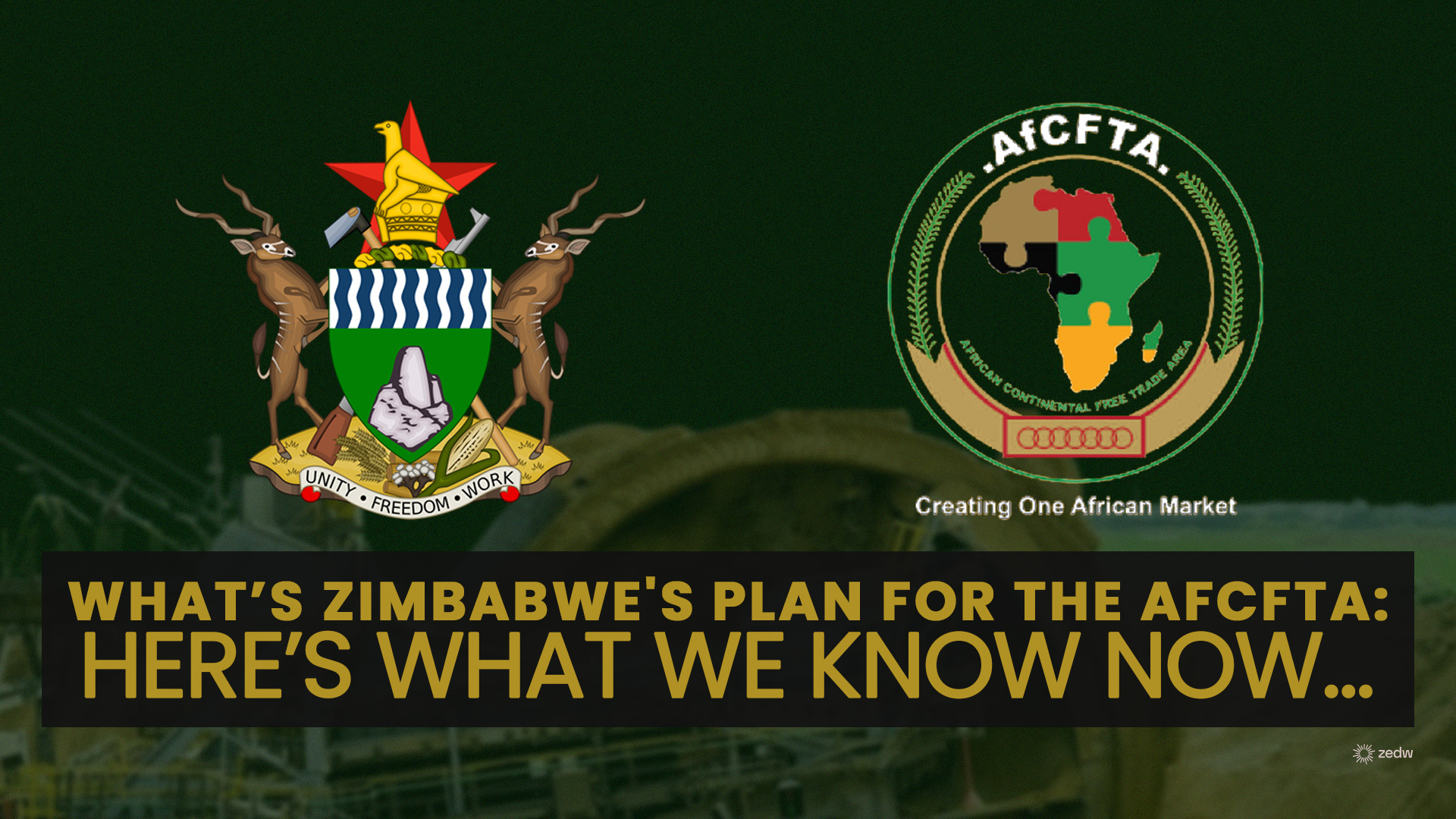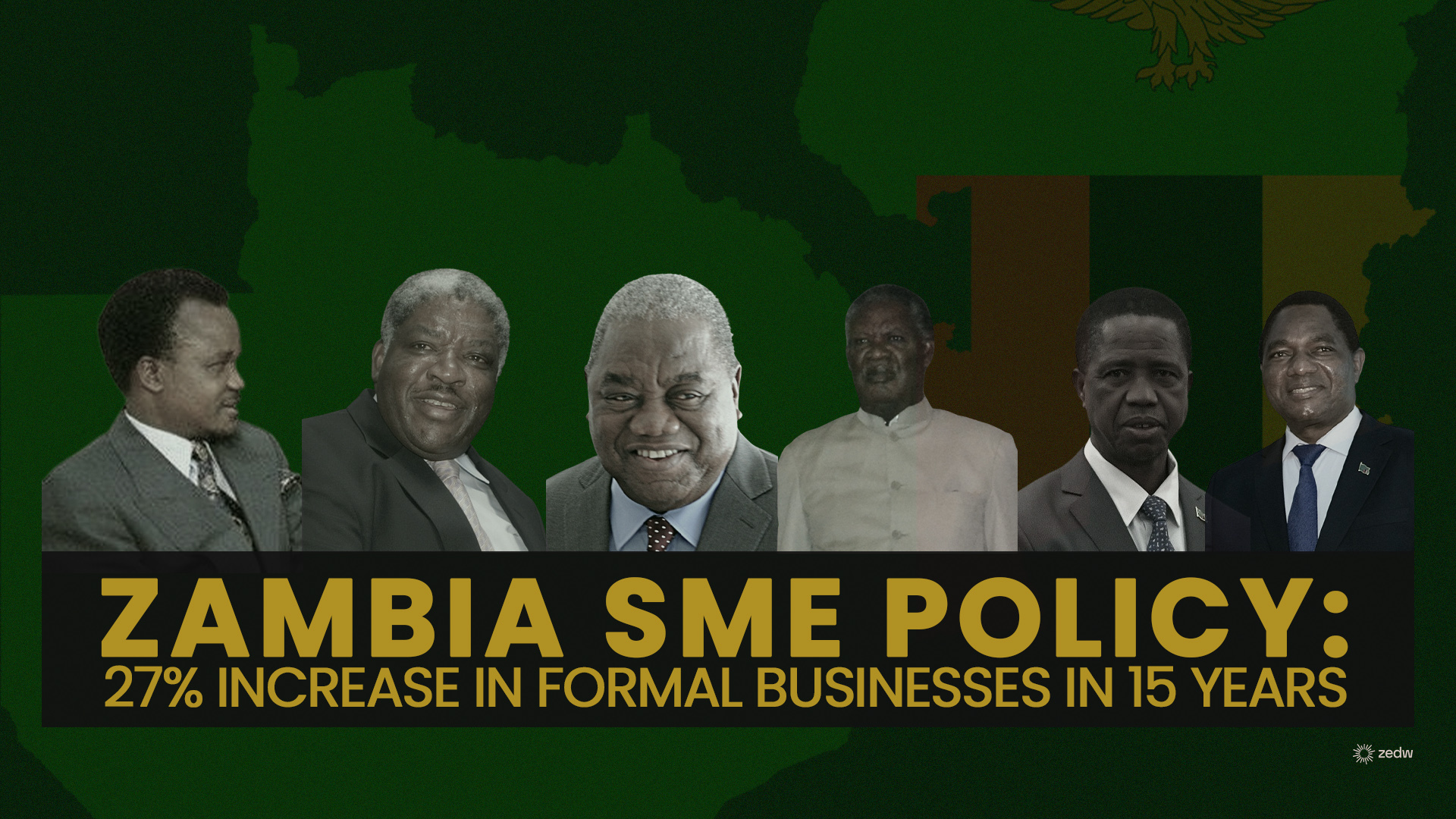In 2015 Zimbabwe’s Central Bank – the Reserve Bank of Zimbabwe (RBZ) issued a new set of legislation that governed domestic remittance services for the first time. With a recent survey from the RBZ also giving us a closer look at how the domestic remittance landscape progressed over the course of a decade (2011-2022) it’s as good a time as any to see how this industry has progressed over the last decade.

- Worryingly the survey data suggests the domestic remittance industry has regressed to 2011 levels with 62% of survey participants not remitting at all.
- 2014 saw peak participation with only 42% of the survey participants not using domestic remittance services.
The massive regression of domestic remittances (compared to 2014) is probably indicative of Zimbabwe’s economic downturn along with the banning of mobile money in 2020 which made it harder for people to participate in the remittance market using formal channels.
Before exploring the mobile money ban of 2020 let’s look at the landscape of domestic remittance in 2019. Data from the central bank indicates there were 7 participants licensed as authorised dealers:
| Service Provider |
| Access Finance |
| MyCash |
| EcoCash |
| CBZ |
| OK MoneyWave |
| HomeLink Money Transfer |
| Send Money Home |
| ZimPost |
Of all remittance mechanisms, EcoCash has tended to have the highest usage. Back in 2014, 41% of surveyed adults were using the mobile money service. Whilst this fell to 28% in 2022 it is still the most popular.

Mobile Money ban
It’s important to explore the RBZs move to suspend mobile money in 2020 as this has affected the landscape of domestic remittances. The central bank suspended all mobile money services accusing mobile money agents of using the technology to fuel a parallel forex black market which was having adverse effects on the economy:
These unprecedented measures have been necessitated by the need to protect consumers on mobile money platforms which have been abused by unscrupulous and unpatriotic individuals and entities to create instability and inefiencies in the economy.
John Mangudya – Reserve Bank Governor
Once mobile money was restored – it was not the same. The central bank later banned mobile money agents that were the distribution network for mobile money. In rural areas in Zimbabwe, the agents had effectively become the only source of cash since most banking institutions didn’t have as wide a presence across the country.



Current market activity
With EcoCash’s suitability to send cash severely compromised by this decree – there was space for new entrants. RBZs data indicates that there are now over 15 participants in the domestic remittance space:
| Service provider |
| Access Finance |
| BancABC – CityHopper |
| CABS |
| CBZ |
| Ecobank |
| Econet (EcoCash) |
| FMC Remit |
| InnBucks |
| MetRemit |
| MyCash |
| NetOne |
| NMB – NMB Remit |
| POSB |
| Send Money Home – EasyLink Transfer |
| Steward Bank |
| Rolink Finance |
| Wiremit |
| ZimPost |
Its clear by the growth in service providers that the entrants seem to be of the impression that there’s a growing market to compete for. Even more so once you consider the entry requirements to be licensed as a remittance service provider. Some of the requirements include:
- A proposed business plan and 5 year projections of growth and profitability, including the assumptions supporting the projections.
- An anti-money laundering policy document/program showing that the applicant has a sufficient anti-money laundering framework.
- Previous 6 months bank account statement and source of capital.
- Business risk management plan identifying the business risk and risk mitigation measures.
- CVs of proposed board members illustrating proof of knowledge required to run the money transfer agency
Let’s look at the players who have gained prominence since 2020s mobile money ban.
BancABC
Of these – BancABC and InnBucks have been the highest profile entrants into the market with high press coverage.
BancABC was the first to market with its CityHopper in 2020. Initially the service making use of BancABCs branch networks along with a Pick n Pay partnership to expand their reach across the country. In 2022, BancABC is now partnering with TelOne (which has 157 stores) to extend their reach.
- BancABC revealed they had processed over US$10mn spread across 77,987 transaction in their first year of business – a reflection of the popularity of the service.
InnBucks
Simbisa Brands – more popular in Zimbabwe for it’s fast-food outlets (Chicken Inn, Pizza Inn, Nandos etc) launched InnBucks in late 2021. Initially, it wasn’t pitched as a remittance service as the following were the highlight features:
- Ability to get discounts and special offers through the app;
- solving the US$ change shortages as change would be uploaded to your InnBucks account;
- Ability to purchase food for friends/family in other Simbisa outlets across the country.
Very quickly though people started using the service to send money to each other across the country. When you consider that i) Simbisa has 275 outlets across the country and ii) InnBucks users had the ability to withdraw money at these outlets – it’s easy to why the service became extremely popular and managed to scale as it has done.

Whilst people have argued that the mobile money ban was put in place to create an avenue for other institutions to thrive – this is unlikely. In 2022 – InnBucks was also suspended after ignoring the RBZs directive to formalise their processes. Remember they had launched it as a loyalty rewards program but people were using it to transact and send money. The RBZ even claims they gave Simbisa 6 months to get their house in order but the brand refused to comply – which resulted in a ban. A few months after the ban though – Simbisa regularised their activity and were back up and running.
At the time of writing InnBucks is yet to disclose any metrics regarding transaction values/volumes so it’s hard to determine the service’s value. It’s clear by Simbisa’s swift action following the suspension that the service has become a big part of Zimbabwean fintech.
Economic slump and the effect on mobile money
One of the biggest side-effects of the Zimbabwe’s economic slump has been Zimbabwean’s reverting back to cash usage.

The increased preference for cash is fuelled by Zimbabweans preferring to have US$ over the ZW$. This is great for domestic remittance services like BancABC and InnBucks but not so much for mobile money.
EcoCash has had to offer its own remittance service that is not a part of their mobile money offering. The Domestic Money Transfer (DMT) Voucher essentially works like CityHopper/InnBucks. Senders walk into an Econet shop with their ID, the money to be sent and the recipient’s name. A voucher number is generated which the sender should then share with the recipient who is required to share this when they go and withdraw.
- EcoCash shared that this service had been used by 300,000 customers to transact 2,7 million times. In comparison their mobile money service had much lower volumes of 6858.
The mobile money counterpart was so depressed the transaction values aren’t reported in the same report which mentions that international remittances processed through EcoCash had a value of US$39 million.
When everything is said and done – Zimbabwe’s domestic remittance landscape has evolved over the last decade. The economic downturn since the mid-2010s has shifted the instruments through which local remittances occur.
- The small data samples available seem to suggest that domestic remittance activity is lower now than it was 8 years ago. However the rate at which entrants are stepping into the market contradict this

- Mobile money and banking instruments have been de-emphasised because of currency preference issues and high transfer fees. This puts cash-first services with wide distribution networks (InnBucks) at an advantage.
Zimbabwe is a dynamic economy and I wouldn’t be surprised if the lay of the land is much different the next time we explore this market.








